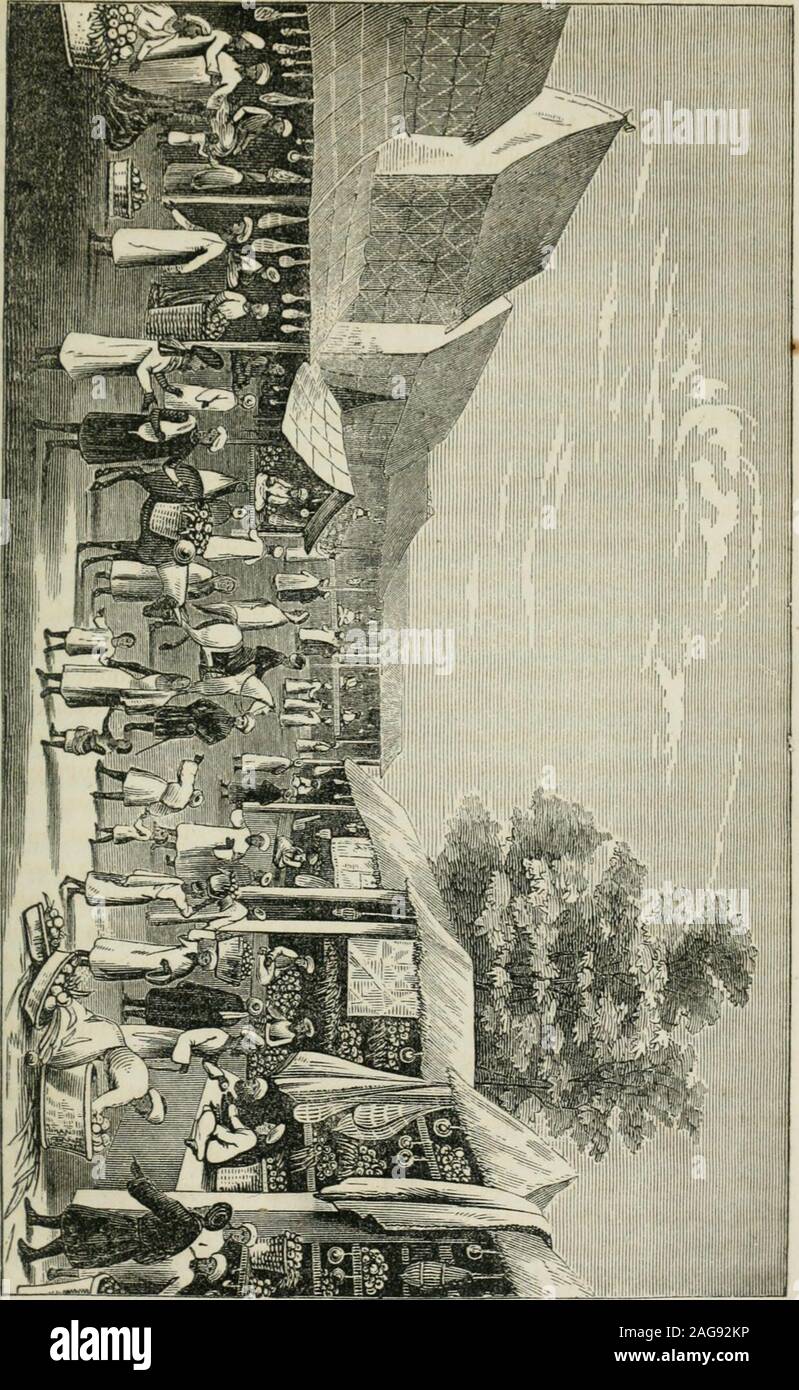. Pictorial history of China and India; comprising a description of those countries and their inhabitants. neral all over the country. The situation of theBritish was one of extreme peril, being in want of supplies of all kinds, andsurrounded by hostile tribes of warlike barbarians, who occupied all theroads by which assistance might be sent. The nearest British station wassix hundred miles distant; the road to any place lay through mountainouspasses, many miles in length, choked up with snow, and beset by the enemy,while-the soldiers were already falling victims to the severity of a Cabulwint

Image details
Contributor:
The Reading Room / Alamy Stock PhotoImage ID:
2AG92KPFile size:
7.2 MB (572.8 KB Compressed download)Releases:
Model - no | Property - noDo I need a release?Dimensions:
1240 x 2016 px | 21 x 34.1 cm | 8.3 x 13.4 inches | 150dpiMore information:
This image is a public domain image, which means either that copyright has expired in the image or the copyright holder has waived their copyright. Alamy charges you a fee for access to the high resolution copy of the image.
This image could have imperfections as it’s either historical or reportage.
. Pictorial history of China and India; comprising a description of those countries and their inhabitants. neral all over the country. The situation of theBritish was one of extreme peril, being in want of supplies of all kinds, andsurrounded by hostile tribes of warlike barbarians, who occupied all theroads by which assistance might be sent. The nearest British station wassix hundred miles distant; the road to any place lay through mountainouspasses, many miles in length, choked up with snow, and beset by the enemy, while-the soldiers were already falling victims to the severity of a Cabulwinter, which was more especially fatal to the sepoys, who, bred in thesultry climate of India, were utterly incapable of enduring the rigor of sucha winter, the ground in Cabul being covered with deep snows during fivemonths of the year. Under these circumstances, the British envoy, SirWm. MNaghten, resolved on making terms, if possible, with Akber Khan, who gave him a meeting on the plain, where a long conierence took placerelative to a treaty of peace, which was concluded on condition that Shah 1-3 CO o. 35 THE WAR IN AFGHANISTAN. 547 Shuja should abdicate the throne of Cabul, and Dost Mohammed be rein-stated. The British troops were to be withdrawn from the citadel and jointhe rest of the army at the cantonments, and Akber himself undertook toescort them thither, to protect them from the Ghilzies, and other tribes thatwere hovering about the neighborhood. During this movement, some signsof treachery on the part of the chief spread dismay among the already dis-pirited troops, who were fired upon ere they had reached the cantonments. It was now that the increasing distresses of the army induced Sir WilliamMNaghten to give Akber a second meeting. The interview, which tookplace outside the city, terminated fatally to the envoy, who, in full confidenceof Akbers sincerity, repaired to the spot, accompanied by only a very smallretinue. After a short conference, Akber betrayed the treac